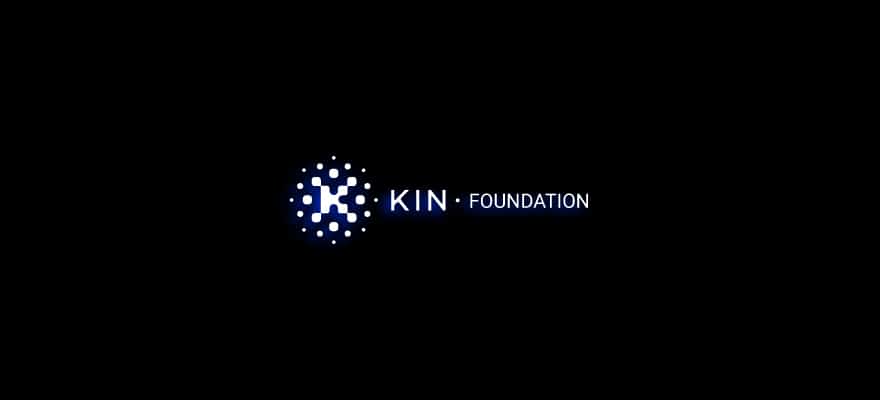The Kin Foundation has launched an initiative in which it gives financial incentives to businesses that launch applications on its platform, according to a press release.
Background
Based in Waterloo, Canada, the Kin Foundation is the non-profit entity behind Kik Messenger, a chat platform "built especially for teens and...a clear leader in chatbots". According to the official website its purpose is to "drive mainstream adoption of the Kin wallet".
KIN is an Ethereum -based cryptocurrency which is used to pay for 'digital services' within 'The Kin Ecosystem'. It has a market value of just over $100 million, according to coinmarketcap.com, and went live last month on the entity's messaging service
The Kin Ecosystem refers to entities that use provide 'digital services' and use KIN as currency between themselves.
KIN went live in beta mode on the 27th of June. It is not mined but distributed by a protocol called 'the Kin Rewards Engine' as a reward for participation. Users of the messenger can earn money from performing micro-tasks such as tutorials, quizzes, and polls.
“Our goal is to make Kin the most used cryptocurrency in the world and getting Kin into the hands of more Kik users is a critical step in achieving this,” said CEO Ted Livingston at the time.
Developers
The Kin Developer Program is split into three stages. When a group's application goes live, it will receive $15,000 and 50 million KIN. If the application has 10,000 users by the first of January it will receive $20,000 and 100 million KIN, and if its has 50,000 by the 1st of April it will receive $25,000 and 250 million KIN.
Apart from the financial incentives, additional benefits are promotion and technical support.
The Kin Foundation
The Kin Foundation's website greets you with the words "A fair and open digital services ecosystem". Livingston described it to Finance Magnates in an interview as a "fundamentally new way to compete."
He explained that the purpose of the enterprise is to allow small businesses to make money from digital services in a world where giants like Google and Facebook have a complete monopoly on advertising revenue. They also offer services for free, so smaller businesses can't even sell anything.
Cryptocurrency, he explained, provides a third option. As he put it, the idea was to "build a consumer community and instead of showing them ads and instead of selling them stuff you just bring people together, getting them providing value to each other through a cryptocurrency. And the more they did that the more valuable the cryptocurrency would become, and so by setting some aside for yourself at the beginning, the more valuable your chunk would become. "
In September 2017 Kin raised approximately $100 million in its token sale, in which over 10,000 people participated, according to its website.


















